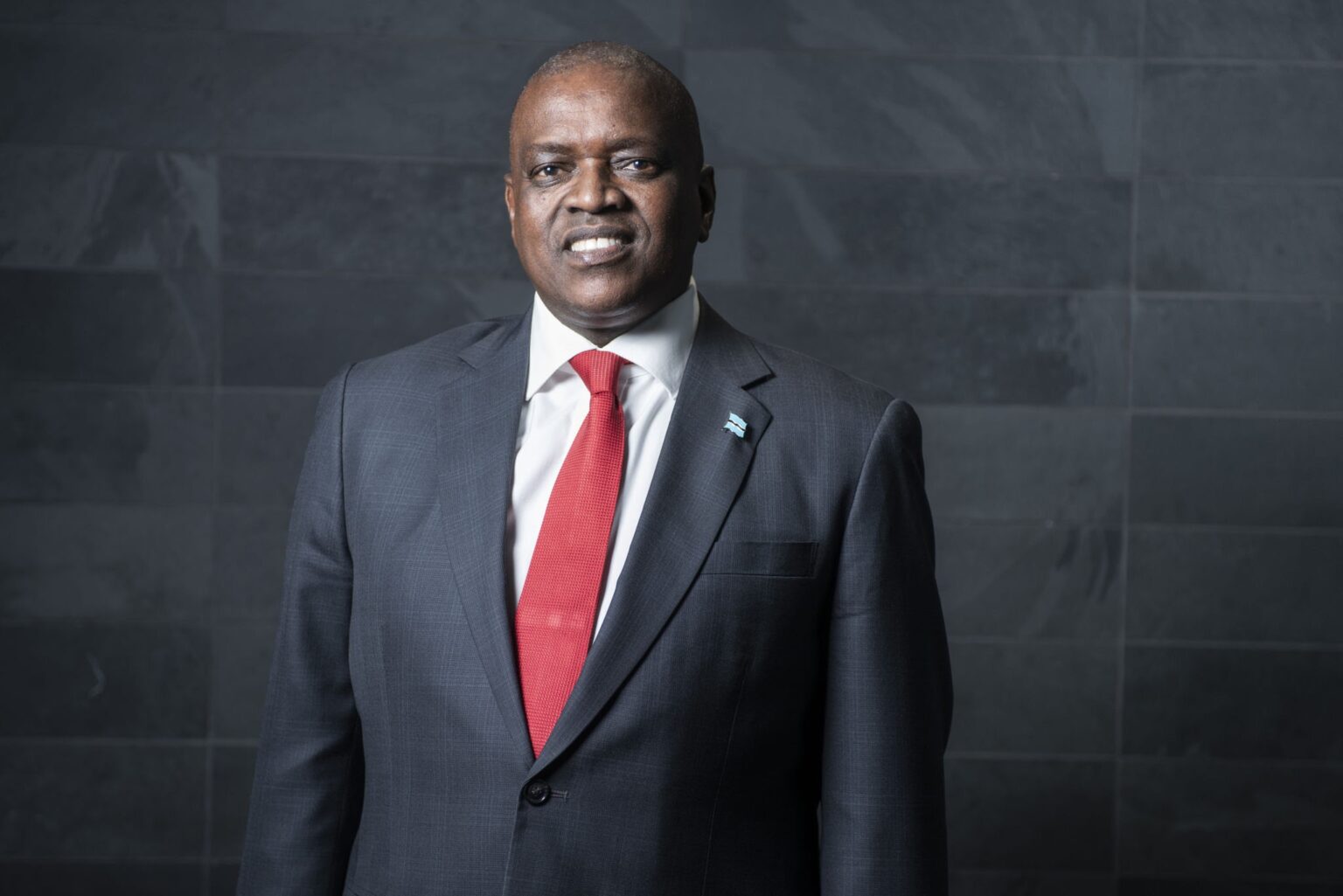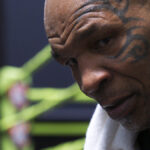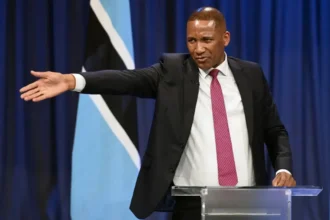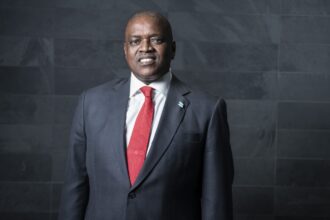In a historic move for Botswana’s political landscape, President Mokgweetsi Masisi conceded defeat in the recent general elections, signalling the end of the Botswana Democratic Party’s (BDP) 58-year rule. Although the final tallies are pending, preliminary results place the main opposition, Umbrella for Democratic Change (UDC), ahead, while the BDP has dropped to fourth place, as reported by local media. The BDP reportedly suffered a significant loss, with UDC securing 25 out of the 31 constituencies needed for a parliamentary majority.
Speaking at a press briefing early Friday, Masisi gracefully accepted the election outcome, remarking on Botswana’s commitment to democratic principles. “Although I sought a second term, I respect our democratic process and will participate in a smooth transition,” he stated. The announcement brings forward a new era under opposition leader Duma Boko, who is expected to be sworn in as Botswana’s next president. Masisi confirmed he had personally called Boko to congratulate him on his victory.
The Rise of Duma Boko
Duma Boko, a seasoned lawyer aged 54, has contested in previous elections in 2014 and 2019. With the recent victory, Boko will finally assume leadership, marking a significant turning point in Botswana’s history. The election of Boko represents a potential shift in policy and governance, as he steps into a role dominated by the BDP since the country’s independence from Britain in 1966.
Masisi expressed his support for Boko, adding that he is looking forward to attending the inauguration and witnessing a peaceful transfer of power. Botswana has long been considered one of Africa’s most stable democracies, with an established reputation for peaceful political transitions.
Economic Pressures and the Call for Change
Botswana’s economy, which has relied heavily on diamond exports, has faced challenges due to declining global demand. This economic strain has seen unemployment rates surge to over 27%, sparking widespread calls for economic reform and diversification. Critics of Masisi’s administration argue that his government did not take enough steps to reduce the nation’s dependence on diamond exports and explore alternative economic avenues.
The BDP’s loss may be partially attributed to these economic concerns. Many citizens have become increasingly frustrated with the slow pace of economic diversification, urging for a leader who prioritises job creation and sustainable economic growth.
A New Chapter for Botswana
As Botswana moves forward, the shift in leadership represents both a challenge and an opportunity. Boko’s administration will need to navigate the existing economic challenges while honouring the democratic legacy established by the BDP. For citizens, this election signals hope for change and an opportunity to address pressing issues within the country.
Botswana’s transition holds significant implications for the southern African region as well, reinforcing the nation’s status as a pillar of democracy on the continent. The new government will face high expectations to deliver meaningful economic reforms and maintain the political stability Botswana is known for.











